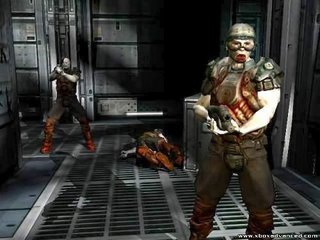
One of the most fascinating books I have read recently would appear to have very little to do with managing information technology. The national bestseller Everything Bad Is Good For You: How Today's Popular Culture Is Actually Making Us Smarter by iconoclast Steven Johnson is a guaranteed can't-put-it-down read.
Johnson presents the concept of the Sleeper Curve, the idea that popular entertainment media like television, video games, and the Internet have promoted a mass cognitive upgrade - in other words, people consuming those media are getting smarter.
Popular TV shows, video games, as well as the availability of information and social networking on the Internet, are becoming increasingly complex and stimulating. But more important than the thesis of the book and his compelling arguments to support that thesis is Johnson's deconstruction of the oft-repeated and actually-silly-when-analyzed claim that mass media is dulling our brains and creating violent criminals of our youth.
In addition to the thesis and deconstruction efforts of the book is the concept of regime of competence, something directly related to IT management and corporate training principles. Here, Johnson alludes to work by the cognitive scientist Andy diSessa who argues that a combination of frustration and pleasure is essential to training, something obvious to anyone who plays computer games. The core principle here is one that both schools and corporate training programs often fail to recognize; namely, that memorization and recitation of facts rarely achieves educational goals. Instead, video games, where the gamer is presented with a context where the achievement of goals (or missions) is clearly difficult, but just within the realm of possibility, is the key to lasting cognitive improvement and achievement. Learning is achieved by carefully balancing pleasure and frustration.
The challenge for IT management is this: our computing environment is becoming increasingly complex. In order to train corporate users about information technology (such as the use of bar code scanners to manipulate inventory) we should be investigating techniques to improve our users' regime of competence rather than rote learning. Ideally, we would be able to create and use video games to train employees. But since this may not be economically feasible, we should at least incorporate a lot of hands-on discovery and game-like training experiences. Powerpoint presentations alone won't work. We need to ramp up our training programs so that, at a bare minimum, we challenge and urge competition and/or cooperation in a game-like environment. Then, true and lasting learning will occur naturally. And, if Johnson is correct, our staff will also become smarter in the process.

No comments:
Post a Comment